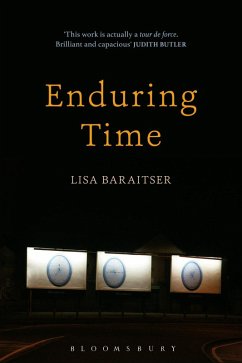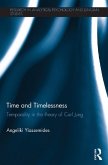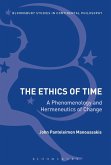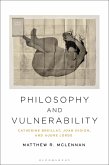The ways in which we imagine and experience time are changing dramatically. Climate change, unending violent conflict, fraying material infrastructures, permanent debt and widening social inequalities mean that we no longer live with an expectation of a progressive future, a generative past, or a flourishing now that characterized the temporal imaginaries of the post-war period. Time, it appears, is not flowing, but has become stuck, intensely felt, yet radically suspended.
How do we now 'take care' of time? How can we understand change as requiring time not passing? And what can quotidian experiences of suspended time - waiting, delaying, staying, remaining, enduring, returning and repeating - tell us about the survival of social bonds? Enduring Time responds to the question of the relationship between time and care through a paradoxical engagement with time's suspension. Working with an eclectic archive of cultural, political and artistic objects, it aims to reestablish the idea that time might be something we both have and share, as opposed to something we are always running out of.
A strikingly original philosophy of time, this book also provides a detailed survey of contemporary theories of the topic; it is an indispensable read for those attempting to live meaningfully in the current age.
How do we now 'take care' of time? How can we understand change as requiring time not passing? And what can quotidian experiences of suspended time - waiting, delaying, staying, remaining, enduring, returning and repeating - tell us about the survival of social bonds? Enduring Time responds to the question of the relationship between time and care through a paradoxical engagement with time's suspension. Working with an eclectic archive of cultural, political and artistic objects, it aims to reestablish the idea that time might be something we both have and share, as opposed to something we are always running out of.
A strikingly original philosophy of time, this book also provides a detailed survey of contemporary theories of the topic; it is an indispensable read for those attempting to live meaningfully in the current age.









